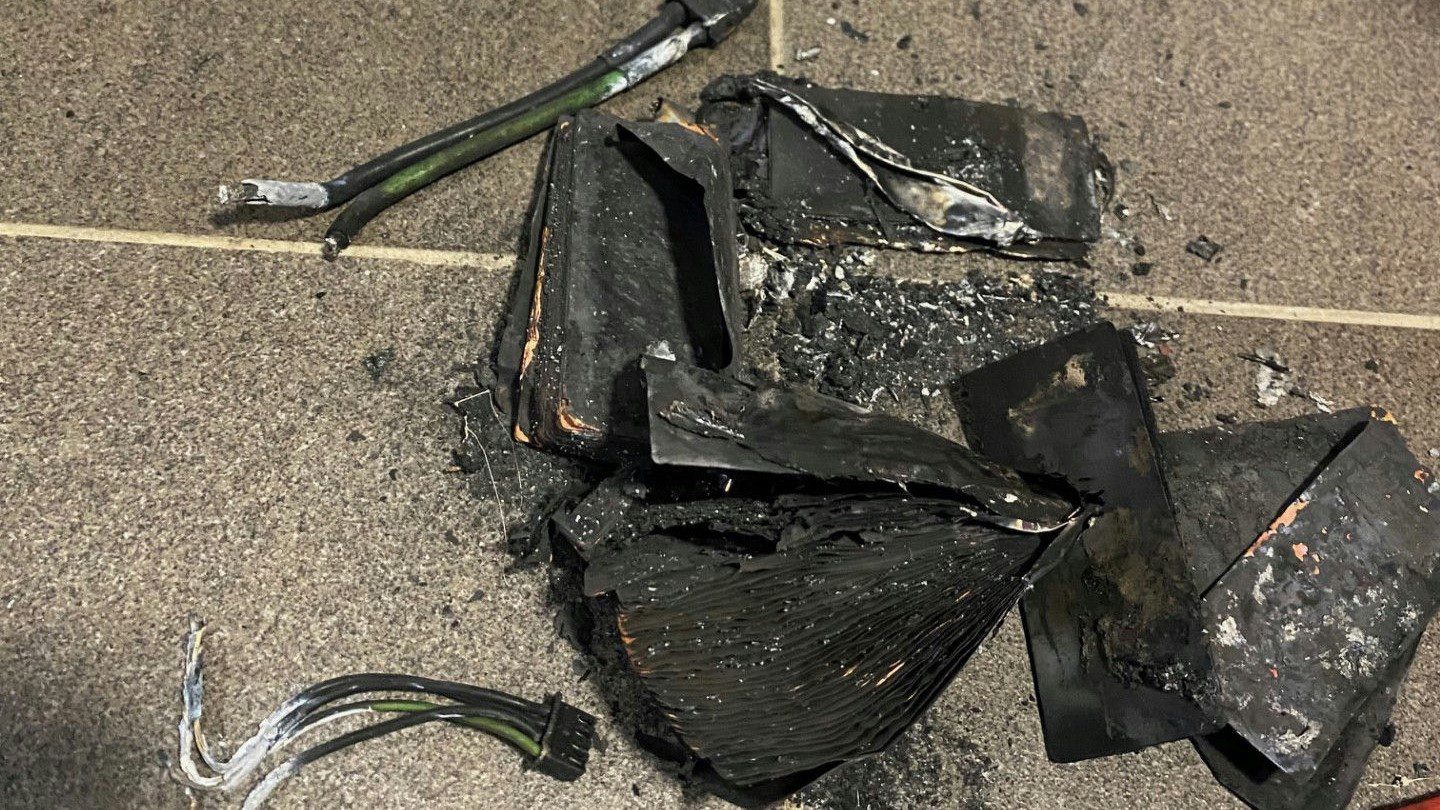FRNSW urges the public to be extra cautious when charging Lithium-ion batteries and related devices.
Earlier this month, a man narrowly escaped an apartment fire, caused by a faulty Lithium-Ion battery, at Dee Why. The resident was charging a battery pack for a remote-controlled plane in his unit when it burst into flames.
Quick-thinking by the occupant limited the spread of the fire. He managed to place the burning charger and battery into a fire-proof bag, which he placed on his balcony as he called Triple Zero (000) for help.
Fire and Rescue NSW (FRNSW) crews from Dee Why and Narrabeen rushed to the scene and the damaged components were immersed in a bucket of water to prevent re-ignition. The resident told firefighters the battery was about halfway through charging when it caught fire.
Firefighters ventilated the unit, clearing it of smoke. The occupant was not injured.
To prevent incidents with these batteries, FRNSW recommends to:
– Never sleep or leave home with your Lithium-battery-powered devices charging
– Don’t leave them constantly on charge
– If Lithium batteries are damaged or compromised, dispose of them properly
– Don’t throw them out in the rubbish, they can start garbage truck or rubbish tip fires when compacted
– Contact your local, approved recycling centre for disposal advice
– Don’t leave devices charging on beds, sofas or around highly flammable materials
– Try to charge devices outside if possible
– Always buy reputable Lithium-battery brands and never ‘mix and match’ components
– Beware of cheap, substandard Lithium battery-powered devices
– Avoid dropping, crushing or piercing battery cells
– Store batteries and devices in a cool, dry area, away from combustible materials
– Install active smoke alarms in your home/garage
– Ensure you have a home evacuation plan in the event of fire
– Don’t store or charge Lithium-Ion-powered devices near exit points in your home.
For further information, visit the FRNSW website.








